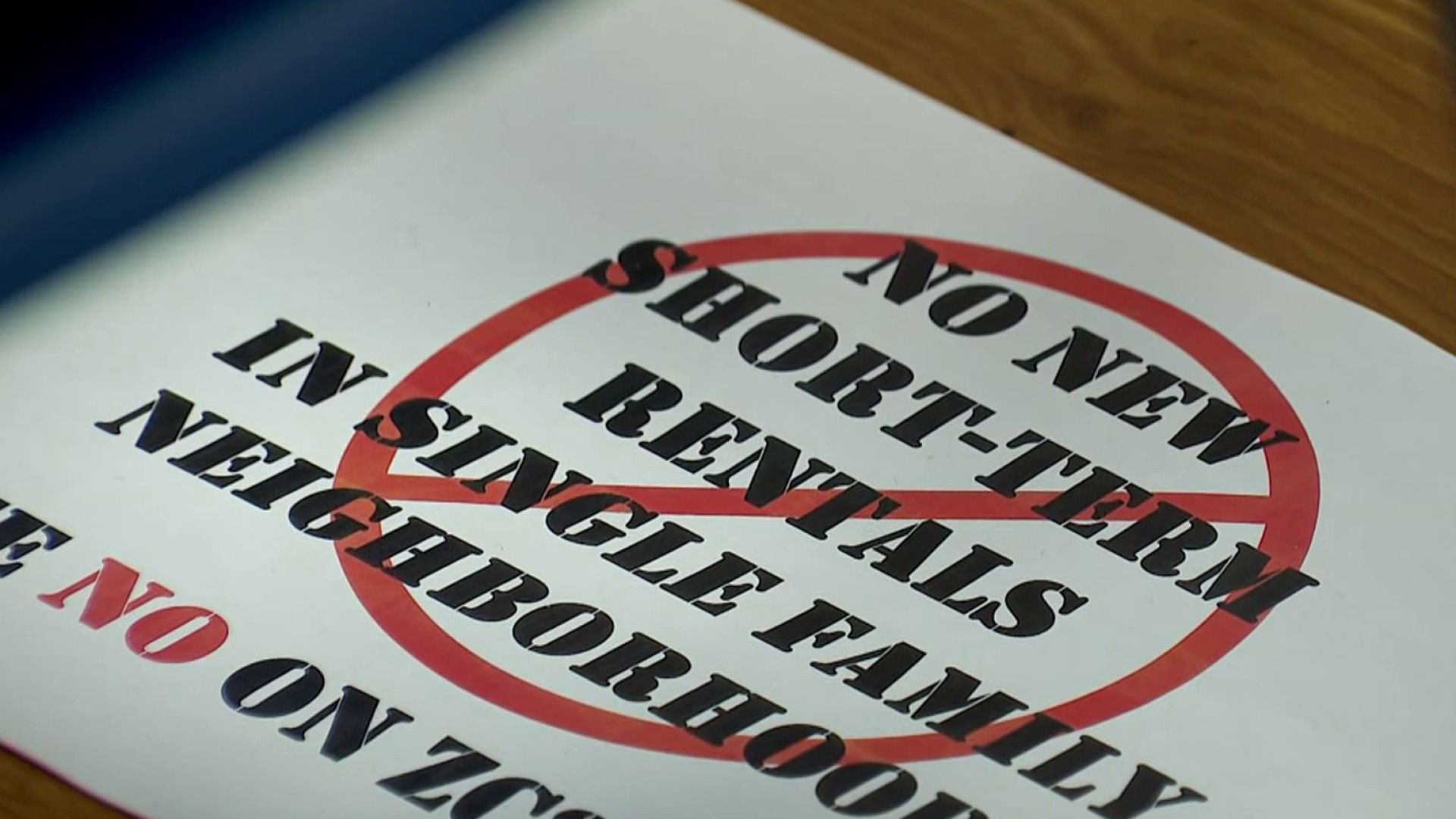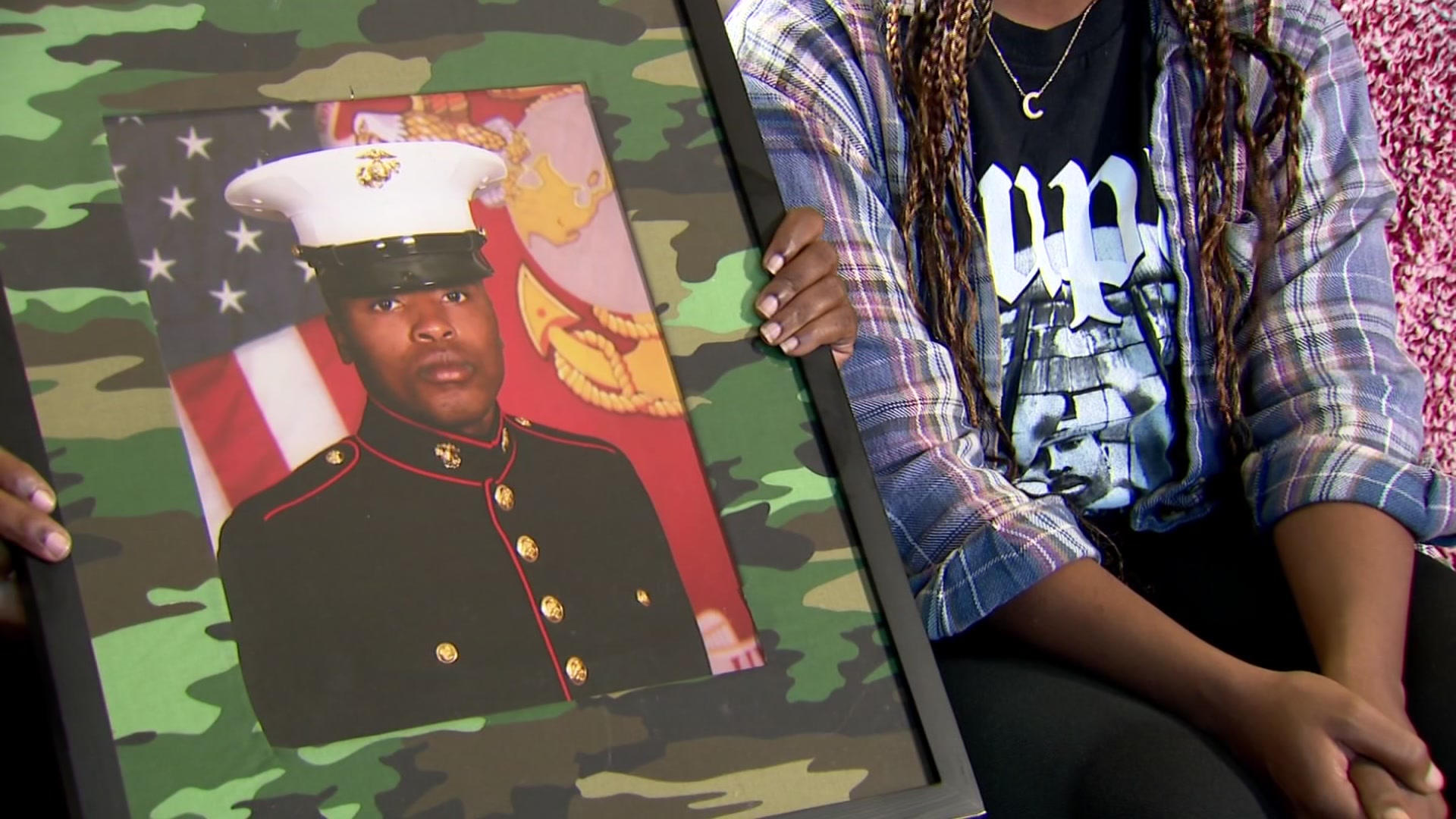In light of recent violence and growing tensions at protests around the country, some Dallas community activists are calling for changes to the city's year-old police body camera contract.
Dallas has a five-year contract with Taser that will ultimately provide 1,000 body cameras to officers, plus Cloud-based video storage. The contract costs taxpayers close to $4 million.
Every summer for five years, the Dallas Police Department gets 200 more cameras. Taser delivered a new batch of cameras just a few weeks ago.
But now, some watchdogs like Collette Flanagan say the roll-out needs to happen faster.
A Dallas police officer shot and killed Collette Flanagan's son, Clinton, in March 2013. Clinton was unarmed, but authorities said he had drugs in his system and was attacking police. No DPD officers at that time wore body cameras.
"We had big plans for him and his life. He wasn't perfect, but he was turning corners," Flanagan said. "He was getting ready to go to college, he was going to be a fifth generation rancher."
"We were very proud of him. And we miss him every day. And he should be here. There's no reason for him not to be alive and with us today," she added.
Local
The latest news from around North Texas.
Two years later after Clinton's death, the first Dallas patrol officer attached a body-camera to his official uniform.
Now, about 200 officers around the city wear them on their shifts.
"This needs to be something that is front and center, and needs to be dealt with now. Every officer should have cameras," Flanagan said.
But even the limited roll-out over the last six months hasn't been perfect.
Records obtained by NBC 5 from December 2015 through February 2016 show more than 14 cameras or cases had to be replaced because they were broken or defective.
Common problems include things like bad audio, battery problems, issues with starting up or powering down the device, and problems with uploading video to the Cloud storage system.
Some cameras were dropped and the cases cracked. At least one camera had to be replaced because the officer wearing the device was involved in a water rescue, and the device was listed as "drowned."
That's part of the reason for the years-long roll-out plan: to test the equipment, and in particular the online storage system that maintains videos for at least 90 days.
Flanagan says in light of ongoing tensions, the contract needs to be re-worked.
"It's clear that last year, when they signed the contract and announced officers would begin wearing body cameras, the whole thing was kind of on the back-burner, something [the city] kind of wanted to ease into," she said. "Well the ease-into moment has passed."
After her son's death, Flanagan started the police watchdog group Mothers Against Police Brutality.
"We thought 200 [cameras] every summer was going to suffice, now we know that it's not. So maybe we need 750 every summer," she said. "Or maybe, we need 1,000 right now."
She's not the only one who thinks more cameras are a good idea.
In the days after the deadly downtown ambush, Dallas County Judge Clay Jenkins spoke out about getting more police technology to improve trust and communication with minority communities.
"We need more body cameras. And we need Tasers for every officer. And we need more funding for de-escalation training," Jenkins said.
Police groups want to make sure uploading video after every shift is a painless process.
"Officers have embraced the cameras, from the very beginning. It's been a positive tool for us," said Dallas Police Association President Ron Pinkston. "It has been a tool to help officers on the street. To prove what happened in an incident, and back them up."
Pinkston noted though that the cameras haven't "made officers' lives easier" with regards to reducing paperwork. Officers at the end of each shift have to upload their videos, and it's a process that doesn't always work easily. Officers new to the body camera program go through training and watch demonstrations to make sure they're uploading correctly.
At this point there's no plan to amend the year-old contract with Taser. Flanagan feels getting more cameras on the streets, could be a matter of life and death – both for officers, and for community members they encounter.
So far, the data that the city provided NBC 5 shows about two cameras go bad a month and need to be replaced. Each camera costs about $850.



